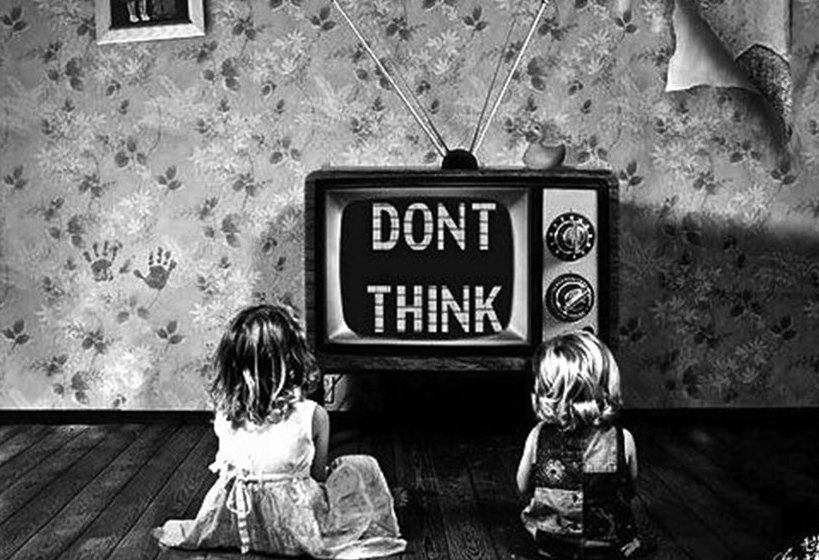Google unveils new AI medicine robots: Are HUMAN doctors about to become obsolete?
01/09/2023 / By Ethan Huff

The technology is not fully there yet, but it is moving rapidly in the direction of artificial intelligence (AI) robots one day being able to replace all human doctors and completely take over medicine.
Towards this end, researchers looked at Google’s AI chatbot, which they asked a series of common medical questions. They found that the program answered 92.6 percent of questions correctly, this compared to a 92.9 percent accuracy rate among actual doctors.
Google has been programming and tuning the chatbot over the years by feeding it generally accepted information about modern medicine, to which it outputs approved answers to various questions. In most cases, few or no mistakes are made by the chatbot – that is how advanced the system has become.
“Doctors also rated the likelihood and extent of the harm that came from giving the wrong answers,” tweeted Prof. Ethan Mollick from The Wharton School of the University of Pennsylvania about a new study about the subject that was published in JAMA Internal Medicine.
“The percentage of harmful advice from the trained chatbot (Med-PaLM) was essentially rated the same as the percentage of potentially harmful advice provided by other real doctors!”
(Related: Google also wants to control the conversation on everything from medicine and food to politics and climate change.)
AI chatbot performance has improved dramatically in just the past two years
It was not all that long ago when AI chatbots produced crude and often inaccurate outputs to common questions. They would quickly expose themselves as second-rate compared to actual human beings – but that gap is quickly closing.
It would seem as though the improvements being made to these AI systems are occurring exponentially faster as time goes on, which suggests an eventual AI takeover in the not-too-distant future.
Some speculate that the human economy is already being phased out as obsolete while the AI robot economy slips in to take its place. Google remains at the forefront of this transition, which is also being fueled by growing skepticism about the quality and legitimacy of today’s medical professionals.
“This paper shows that doctors vastly overestimate the odds of disease before testing, and continue to do so after both positive & negative test results,” Mollick explained in another tweet.
“It held for all diseases studied, from cancer to UTIs to pneumonia. More stats, training, stat!”
On the flip side, there is growing awareness and distrust in AI, which if it ever truly becomes sentiment would almost certainly be used to exterminate human beings and create a global system of tyranny.
You may recall that back in 2019, the head of Google DeepMind and AI was fired for spying and eavesdropping on thousands of users. This person used Google’s AI systems to illegally record people’s voices without their knowledge or permission.
Even so, some are pushing to expand AI intrusion into everyday life. Concerning AI medicine robots, someone responding to Mollick’s Twitter thread wrote that eventually the Food and Drug Administration (FDA) will probably approve the technology as a medical device and even use it to prescribe drugs to patients.
“Just wait until your toothbrush sequences your DNA for nearly free,” wrote another. “Mutations will immediately be detected. Also, this is why we need to establish secure data property rights.”
Another named Dr. Tyler Cole, MD, added that replacing doctors with robots will never be possible if they are real doctors who actually know how to practice medicine.
“Doctors’ value is less just answering questions, but knowing the correct ones to ask,” he writes. “That is judgment (hard), not intelligence (easy).”
The latest news about Google can be found at Evil.news.
Sources for this article include:
Submit a correction >>
Tagged Under:
AI, artificial intelligence, baddoctors, doctors, future tech, Glitch, Google, medicine
This article may contain statements that reflect the opinion of the author
RECENT NEWS & ARTICLES
COPYRIGHT © 2018 TECHGIANTS.NEWS
All content posted on this site is protected under Free Speech. TechGiants.news is not responsible for content written by contributing authors. The information on this site is provided for educational and entertainment purposes only. It is not intended as a substitute for professional advice of any kind. TechGiants.news assumes no responsibility for the use or misuse of this material. All trademarks, registered trademarks and service marks mentioned on this site are the property of their respective owners.




















